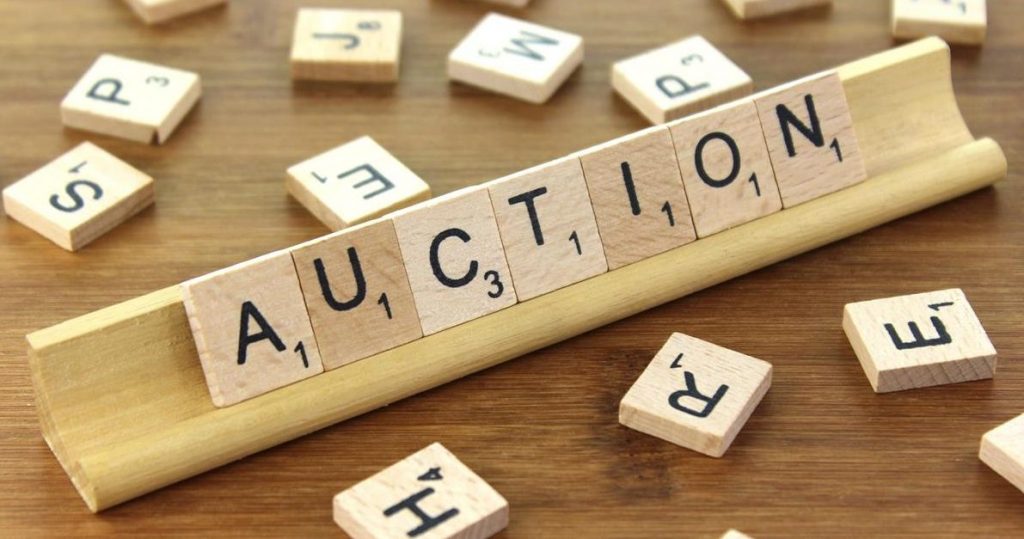Firstly, a few points every buyer must know about an auction:
Auction buying is unconditional. This means if you win the auction, you have to commit to buying.
No cooling off allowed, no building or pest inspection & no subject to finance clauses.
In other words, buyer beware: if a house has structural defects, unpaid rates or a property dispute with neighbours, this is all inherited when you purchase.
Ensure you complete a building and pest inspection, have your contracts reviewed by a conveyancer, and obtain finance pre-approval.
Understanding market value.
On auction day, successful bidders must pay a deposit, normally this is 10% of the purchase price. Once paid this figure is non-refundable.
Were you aware that if you pay more than the property’s market value, the bank might dispute the valuation and not provide the correct amount of finance?
Consequently, if you encounter finance issues and are unable to complete the property settlement, forfeiting your deposit is a standard practice under Australian law.
To navigate potential financial issues and ensure that the correct amount of funds is secured, successful auction bidders need a comprehensive understanding of a property’s market value.
Otherwise, the responsibility falls on the buyer to bridge the financial gap if the bank does not provide the accurate amount of funds.









